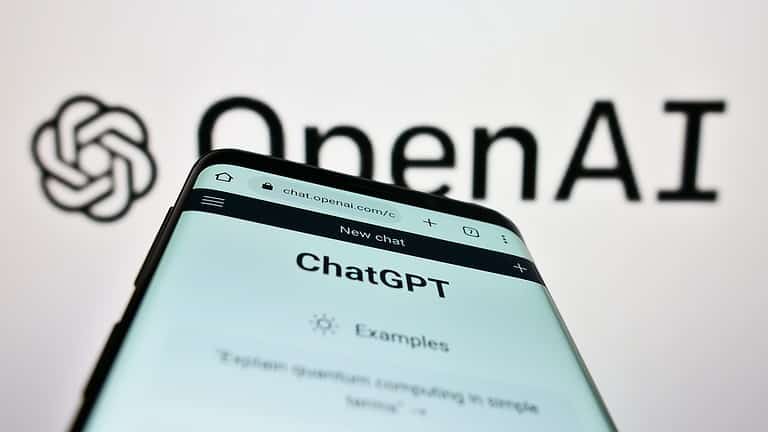The European Consumer Organisation (BEUC) is urging EU consumer protection agencies to look into the potential harm generative AI chatbots like ChatGPT can cause individuals.
The group believes that hallucinations, which these generative AI bots are prone to have, can mislead audiences. Hallucinations refer to content that chatbots release that appears to be true but contains dangerous assumptions or is factually incorrect. This type of content is usually made up by the bot, and not based on the bot’s training.
Deceptive advertisement
BEUC is concerned that these hallucinations may mislead consumers and result in “corresponding risks of deception, fraud, mis- and disinformation.” The group is especially concerned about younger audiences. It notes that they might be even more susceptible to false information or deceptive advertisements.
In a letter, Deputy Director General Ursula Pachl, on behalf of BEUC, urges the EC “to investigate the risks that these AI systems pose to consumers as a matter of urgency.” She implores them to identify AI chatbots’ presence in consumer markets. Furthermore, she calls on exploring “what remedial action must be taken to avoid consumer harm.”
BEUC consists of 46 member organizations from 32 countries. The umbrella group expressed its concerns in separate letters to the network of consumer safety authorities (CSN network) and the network of consumer protection authorities (CPC network) earlier this month.
Voice of concern
The most well-known application of generative AI is ChatGPT, a chatbot that Microsoft-backed OpenAI shared late last year. The bot’s claim to fame was its ability to take in a text prompt and then produce a human-like response. Companies like Google, Amazon and Meta have since stepped off the sidelines. In an effort not to fall too far behind, these giants have announced similar tools.
While to a certain extent there has been a warm welcome for Generative AI initiatives in the past months, many have adopted a scrutinizing gaze. Some industry titans insist that AI labs instantly halt training of AI systems more powerful than GPT-4 for at least the next six months.
Tip: Generative AI: How can GPT-4 shape the corporate world?
According to an open letter, “recent months have seen AI labs locked in an out-of-control race to develop and deploy ever more powerful digital minds that no one – not even their creators – can understand, predict, or reliably control.”
Despite having co-founded OpenAI in 2015 (before leaving the board in 2018), Tesla CEO Elon Musk is one of the thousands of signatories to the open letter.
